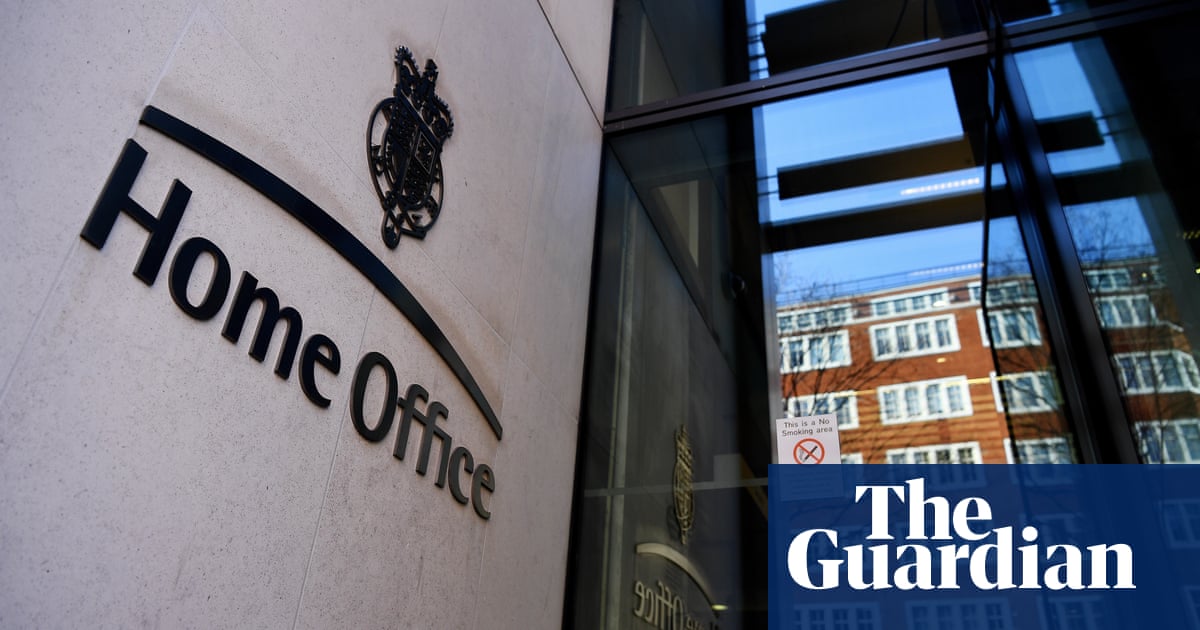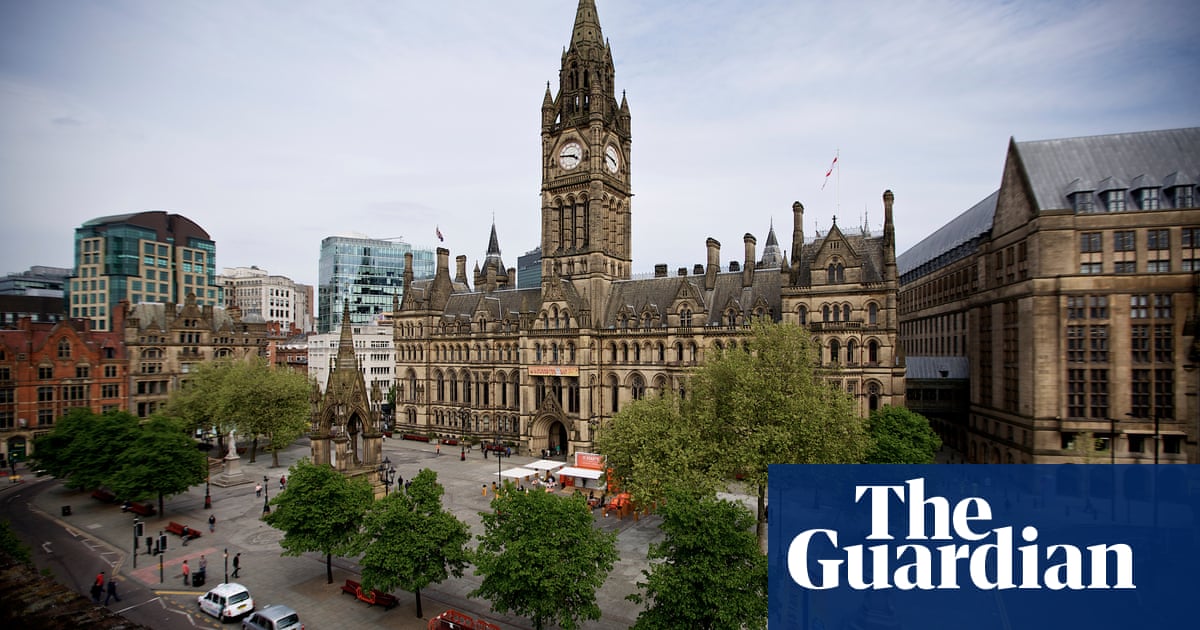
Respect for human rights in Iran has deteriorated even further. According to the latest report from the United Nations, “the Special Rapporteur (the late Asma Jahangir) has observed a worrying picture developing in the human rights situation in the Islamic Republic of Iran since the issuance of her last report in August 2017.”
It is important to point out that this is not the first time that the conditions involving human rights violations have deteriorated. For example, the last report of the UN Human Rights Council revealed an alarming and deteriorating situation in Iran in comparison to the year before. Other international bodies in the field of human rights, such as Amnesty International and Human Rights Watch, have documented a similar negative trend of human rights violations in Iran.
The nature and character of the Iranian regime’s human rights abuses is diverse and multi-dimensional. There are four major categories with a downward trend. The first category is linked to the issue of political and civil rights: This can include freedom of expression and opinion, freedom of association and assembly, and freedom of the press.
Simply voicing one’s opinion against the regime’s policies can bring severe consequences, such as imprisonment, torture, and inhuman, humiliating and degrading punishments, as well as the death penalty. Every human being has the right to be free from such cruel treatment.
The second worsening category is linked to the plight of dual and foreign citizens. The number of dual and foreign nationals being arrested by the Iranian regime has been on the rise. Although every detainee should have the right to a fair trial, such procedure is missing in Iran’s judicial system. The detainees are not allowed access to lawyers, and are faced with trumped-up and ambiguous charges such as “collusion with an enemy state.” This is illustrative of an arbitrary detention and a total lack of due process.
Detainees are also often coerced into confessing to a crime they have not committed. Later, a recorded video of their confession is broadcast on state TV and reported in newspapers to buttress the regime’s arguments. In order to obtain a forced confession, the Iranian authorities employ various torture techniques, such as “sexual violence, including rape; blunt force trauma; positional torture; burns; sharp force; electric shocks; use of water; crushing; pharmacological torture; asphyxiation; amputation; sleep deprivation; threats and humiliation; and prolonged solitary confinement.” Recently, Iranian-Canadian environmentalist Kavous Seyed-Emami died in prison in suspicious circumstances. According to Iran’s judiciary, he committed suicide.
It is incumbent on the UN, international human rights organizations and the international community to enforce justice and the rule of law by pressuring the Iranian regime to stop such egregious human rights violations.
Dr. Majid Rafizadeh
The third category is related to women’s rights. While the rights of women have shown improvement in several countries across the Middle East and North Africa, Iran appears to be heading in the opposite direction. The repressive and systematic discrimination against women continues to negatively impact the lives of roughly half of the population.
The fourth bracket is associated with the rights of ethnic and religious minorities. Discrimination, systematic harassment and human rights abuses against ethnic and religious minorities continue to persist. Religiously speaking, the repression is mainly aimed at Sunnis, such as in Sistan and Baluchestan Province, where 80 percent of the population are Sunnis, as well as against the Christian and Baha’i communities. Ethnically speaking, the Arab community, such as in Ahvaz, and the Kurdish community are also targeted.
It is surprising that, while the human rights situation is worsening and such egregious human rights violations are happening on a daily basis, some continue to depict President Hassan Rouhani’s government as a “moderate” one.
If Rouhani desired to take concrete steps towards stopping such abuses, at least he could have voiced his opposition to the actions of the judicial system. In the case of such opposition, the people would support his stance. But the Iranian president and his administration seem to have decided to acquiesce and mostly act as a puppet for the hardliners, including Supreme Leader Ali Khamenei, the senior general of the Islamic Revolutionary Guard Corps, and the intelligence and judiciary ministries. It also appears that the regime’s affiliates and institutions are directly or indirectly contributing to the atrocities.
Although the UN meticulously documents the worsening situation of human rights violations in Iran, the report is not adequate by itself. It is incumbent on the UN, international human rights organizations and the international community to enforce justice and the rule of law by pressuring the Iranian regime to stop such egregious human rights violations.
Dr. Majid Rafizadeh is a Harvard-educated Iranian-American political scientist. He is a leading expert on Iran and US foreign policy, a businessman and president of the International American Council. He serves on the boards of the Harvard International Review, the Harvard International Relations Council and the US-Middle East Chamber for Commerce and Business. Twitter: @Dr_Rafizadeh











